
Menopause & Perimenopause
Menopause & Perimenopause
Every woman goes through a period of transition during menopause or perimenopause. While some discomfort and inconvenience may be caused by menopause or perimenopause, healthy women can handle the transition with ease. Having said that, menopause or perimenopause can be more difficult for some women than others and symptoms can sometimes lead to bigger problems. While some of these symptoms can show up at any stage of a woman’s life, these are common among women older than the age of 35 and we provide support for the same.
During menopause or perimenopause, if you experience hormonal troubles, our physicians who specialize in reproductive endocrinology can work with you and give you information on various non-surgical treatments such as pharmaceutical drugs, natural therapies and replacement therapy. You can even look to use alternative and complementary medicine therapies for easing menopausal symptoms. BirthRight by Rainbow Hospitals has the best gynecologists for menopause and perimenopause near you to provide whatever help, diagnosis and treatment you require.
You can seek support and treatment for menopause or perimenopause at BirthRight by Rainbow Hospitals. Menopause and perimenopause treatments can help you deal with the condition easily and prevent any future health risks. We work in collaboration with your physician in order to provide multidisciplinary care.
The best gynecologist for menopause and perimenopause treatments will look at your case and suggest the possible courses of menopause treatment. We have a staff of specialists in different areas at BirthRight by Rainbow Hospital, including:
- Urogynecology
- Digestion
- Diabetes
- Heart health
- Cancer
We provide diagnostic, support and consultation services for menopausal and perimenopausal women. Some common conditions and symptoms we treat and provide menopause treatment for include :
- Heavy bleeding
- Irregular bleeding
- Menopause
- Post-menopausal bleeding
- Perimenopause
- Premature ovarian failure (POF) or premature menopause



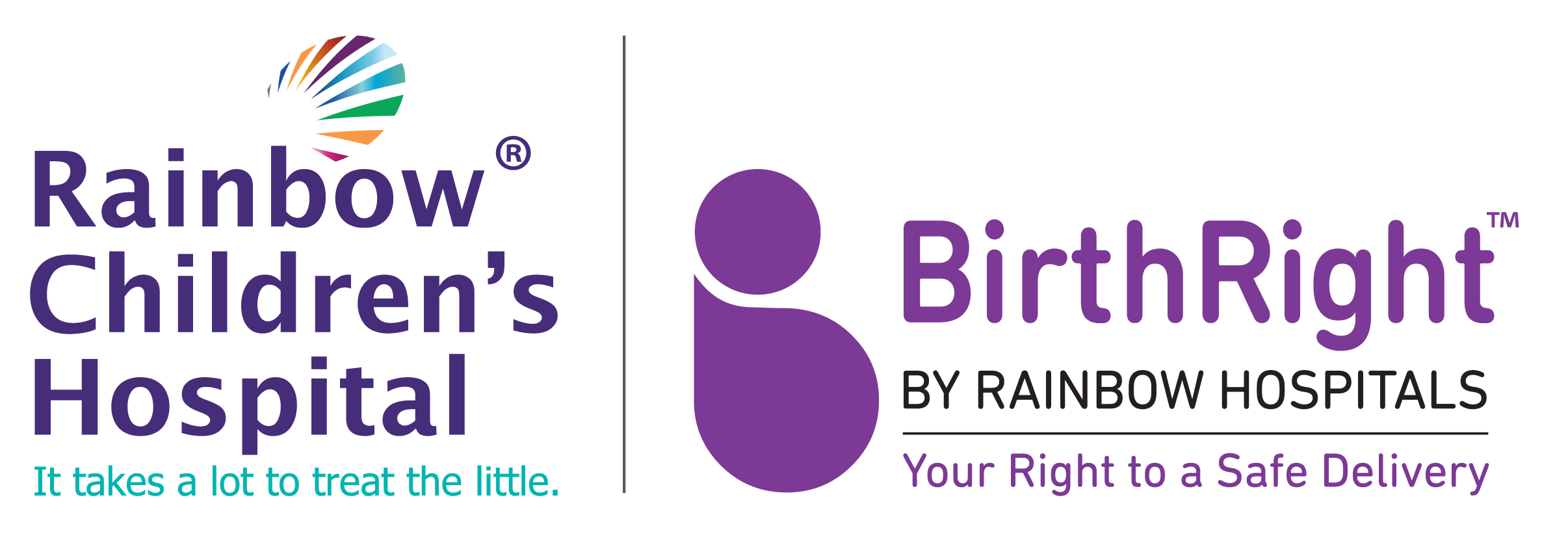


 1.png)


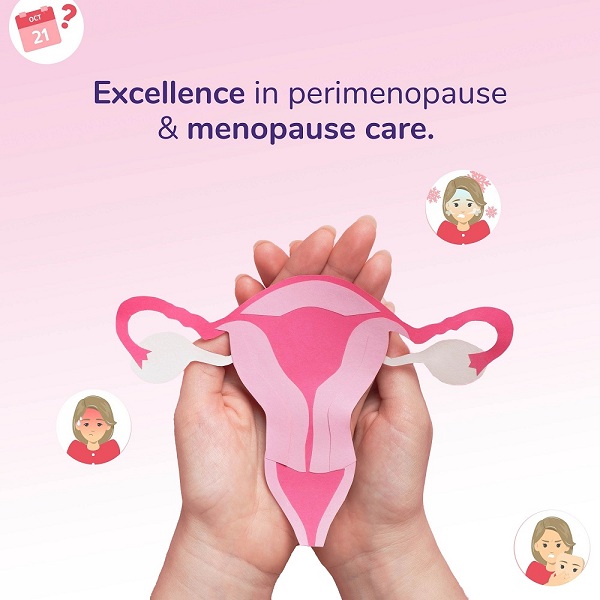
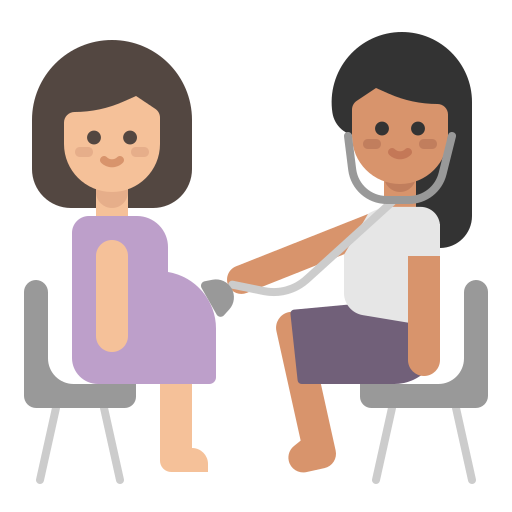
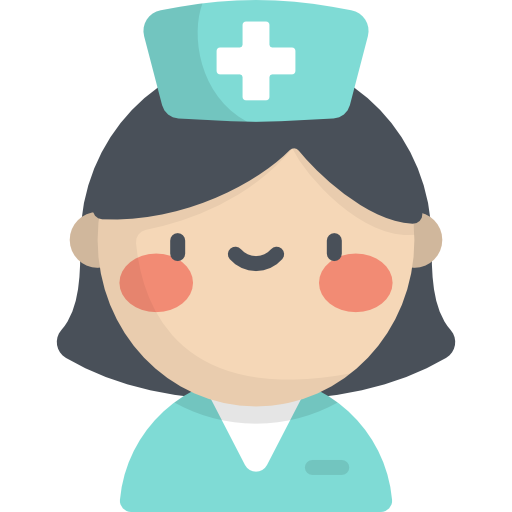


.png)









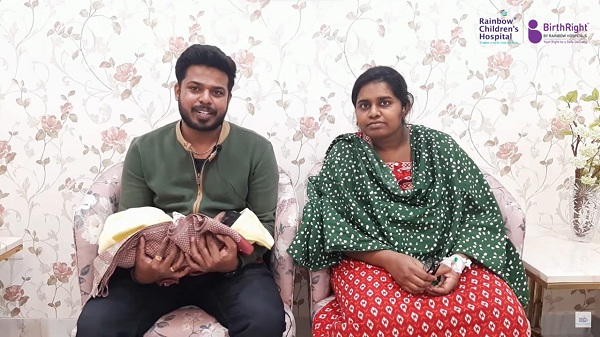


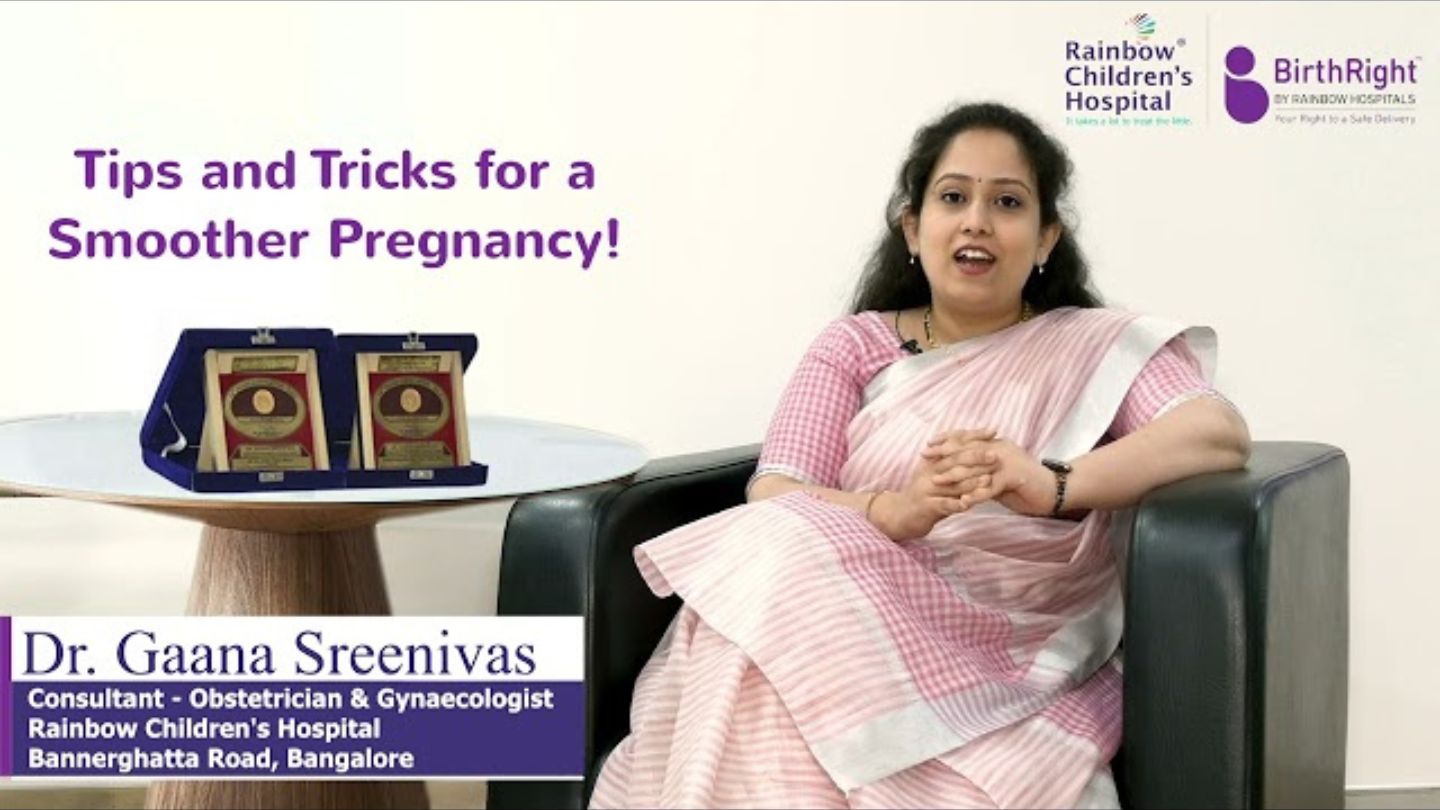
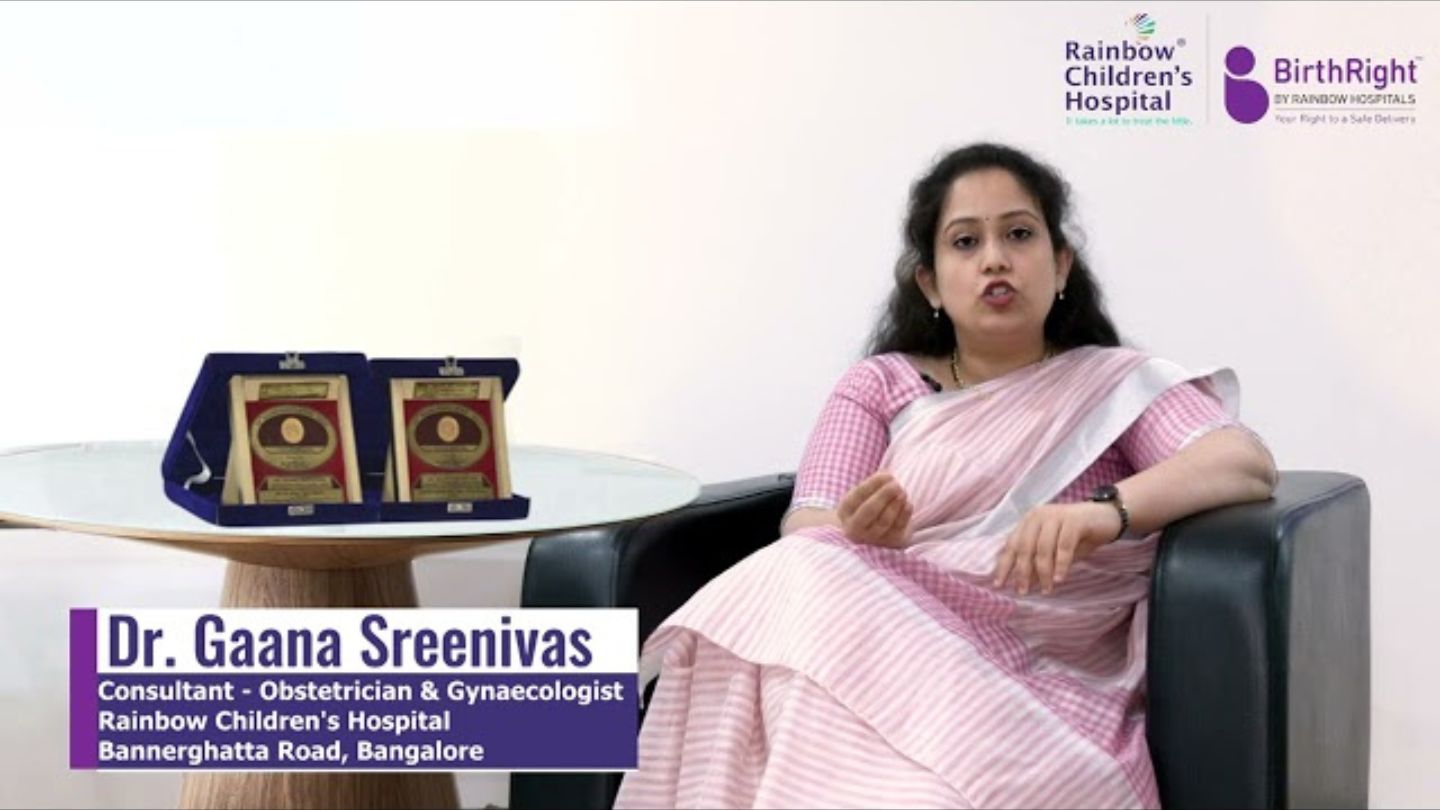
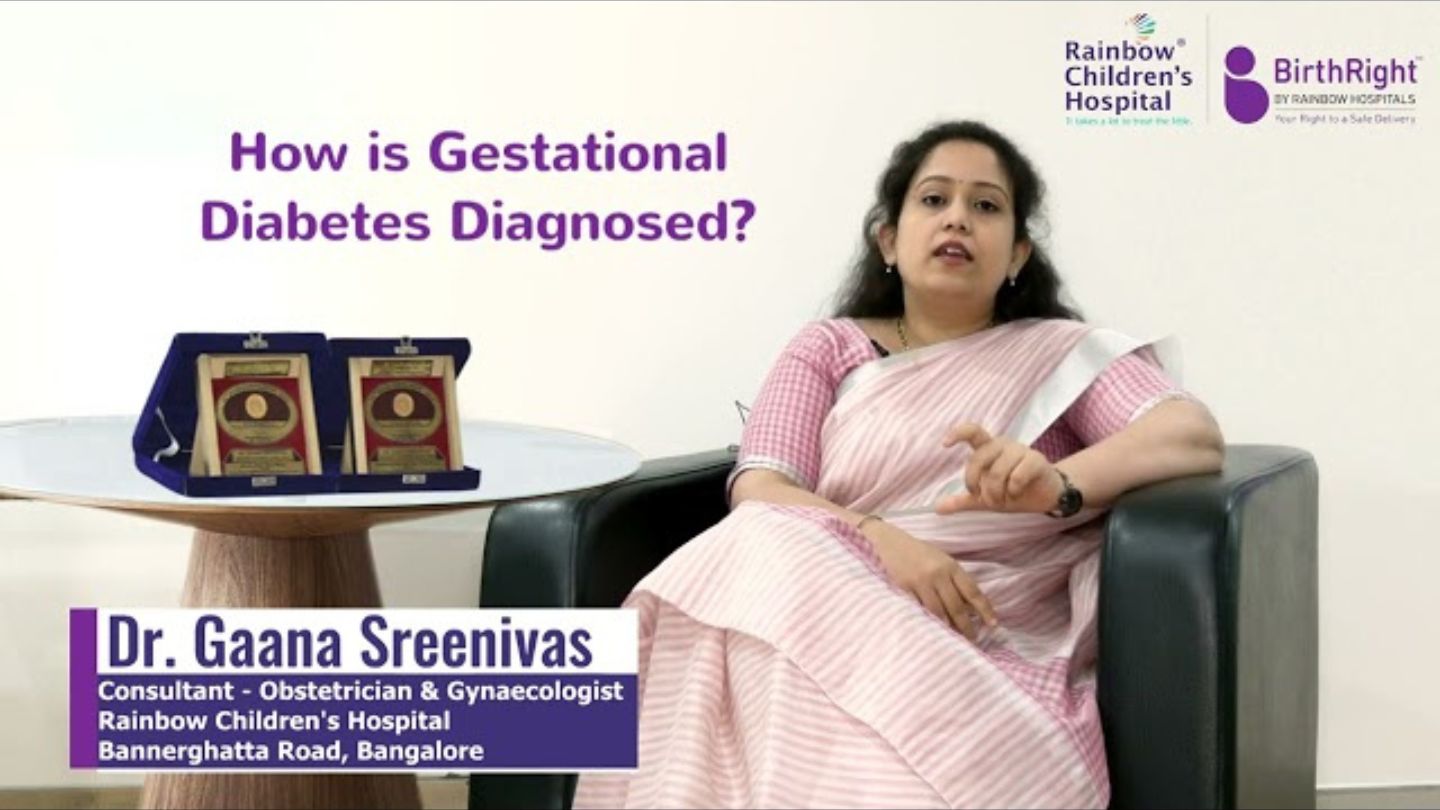
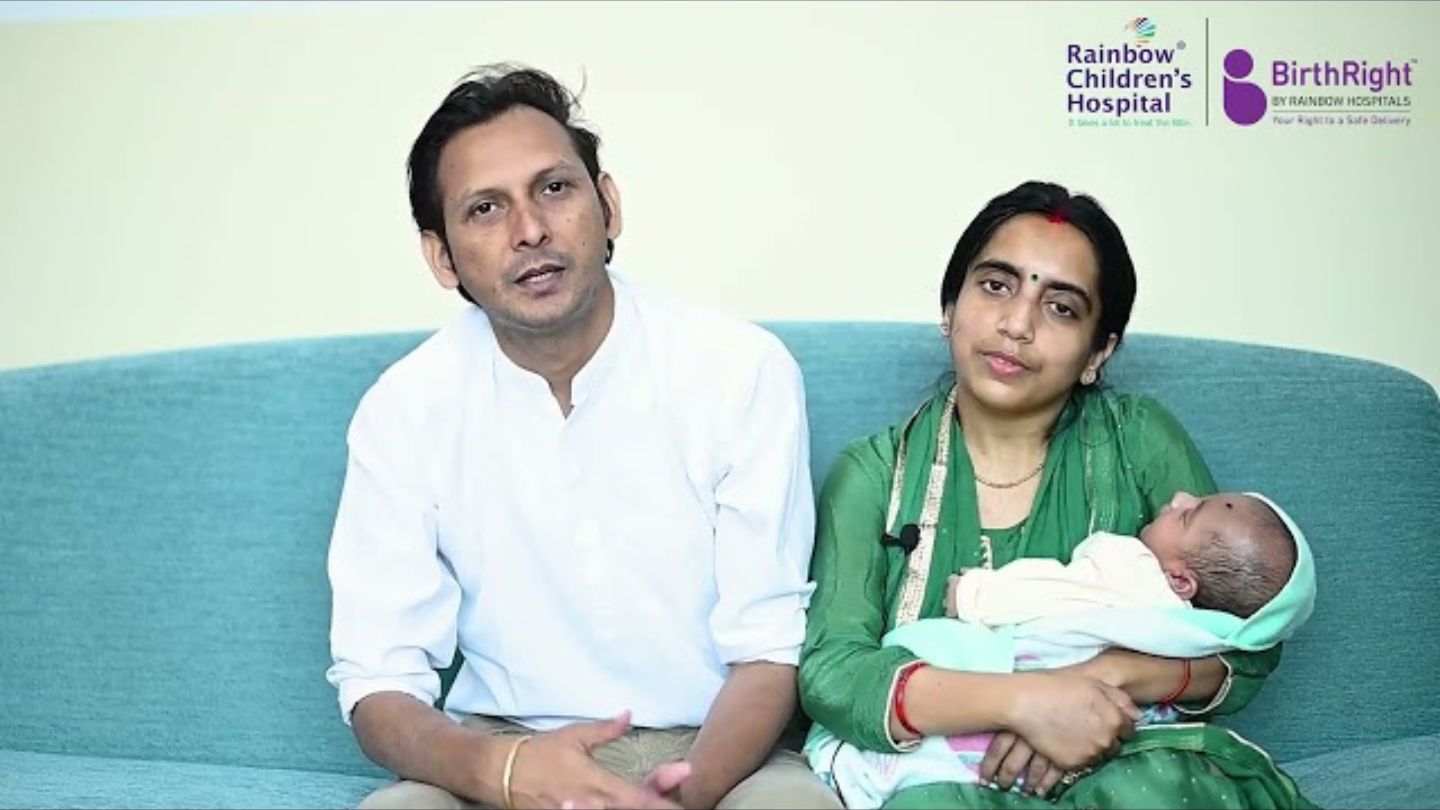
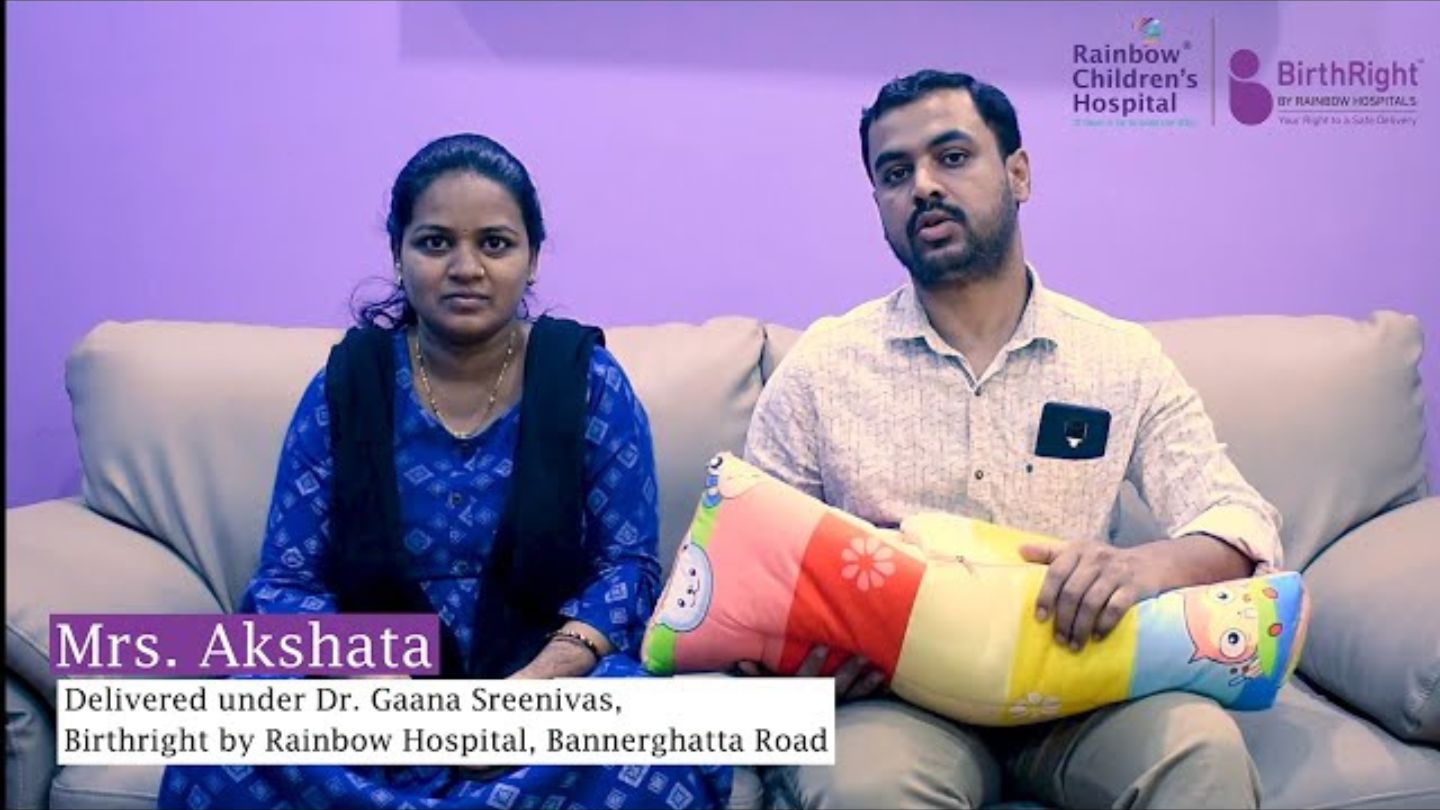
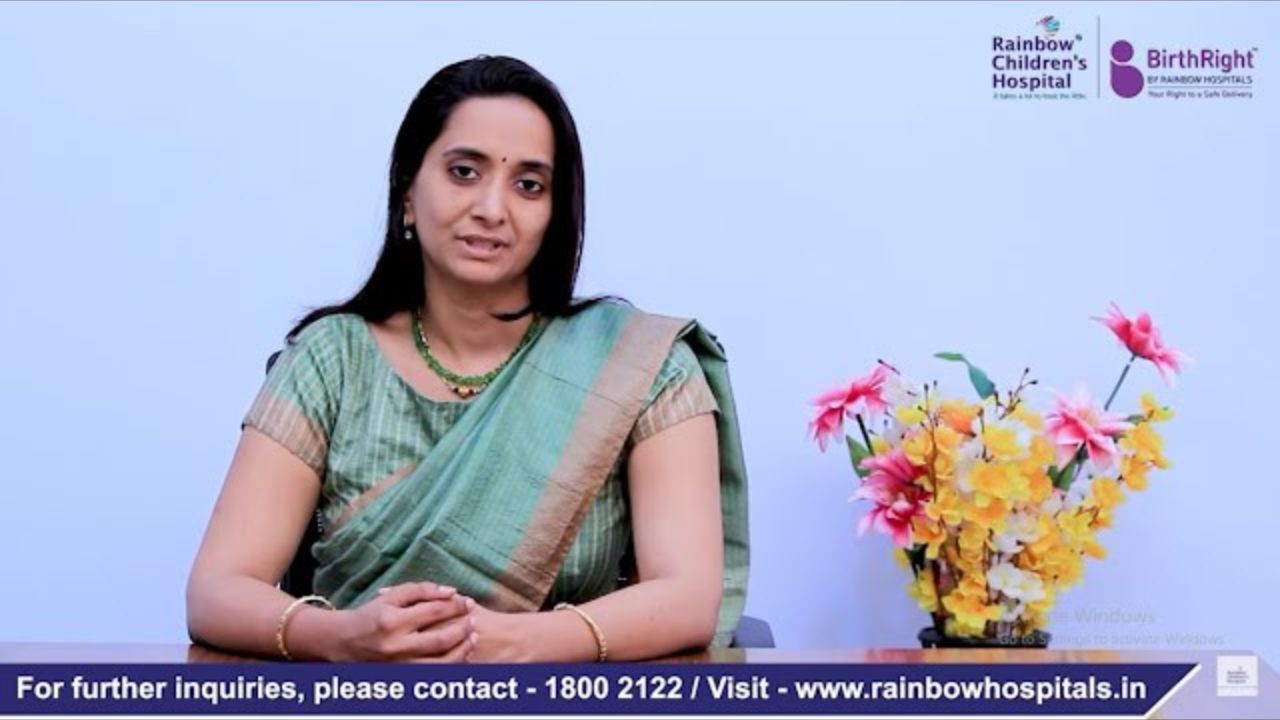
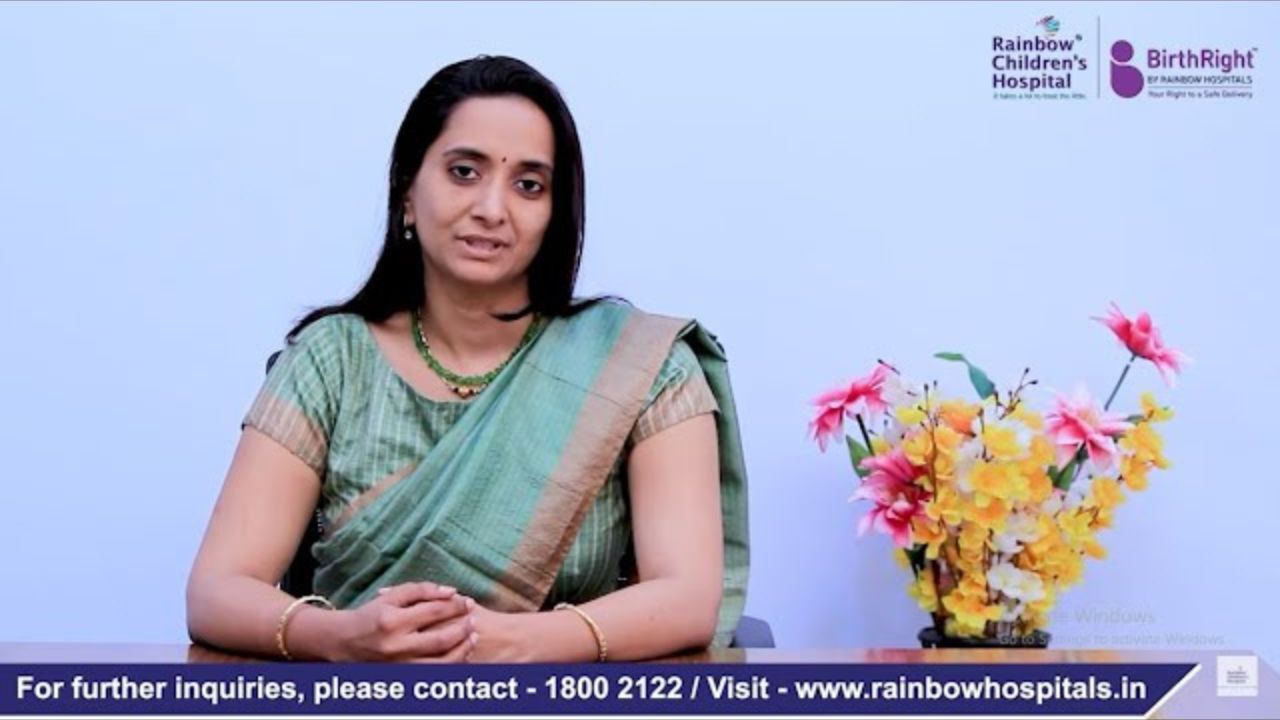
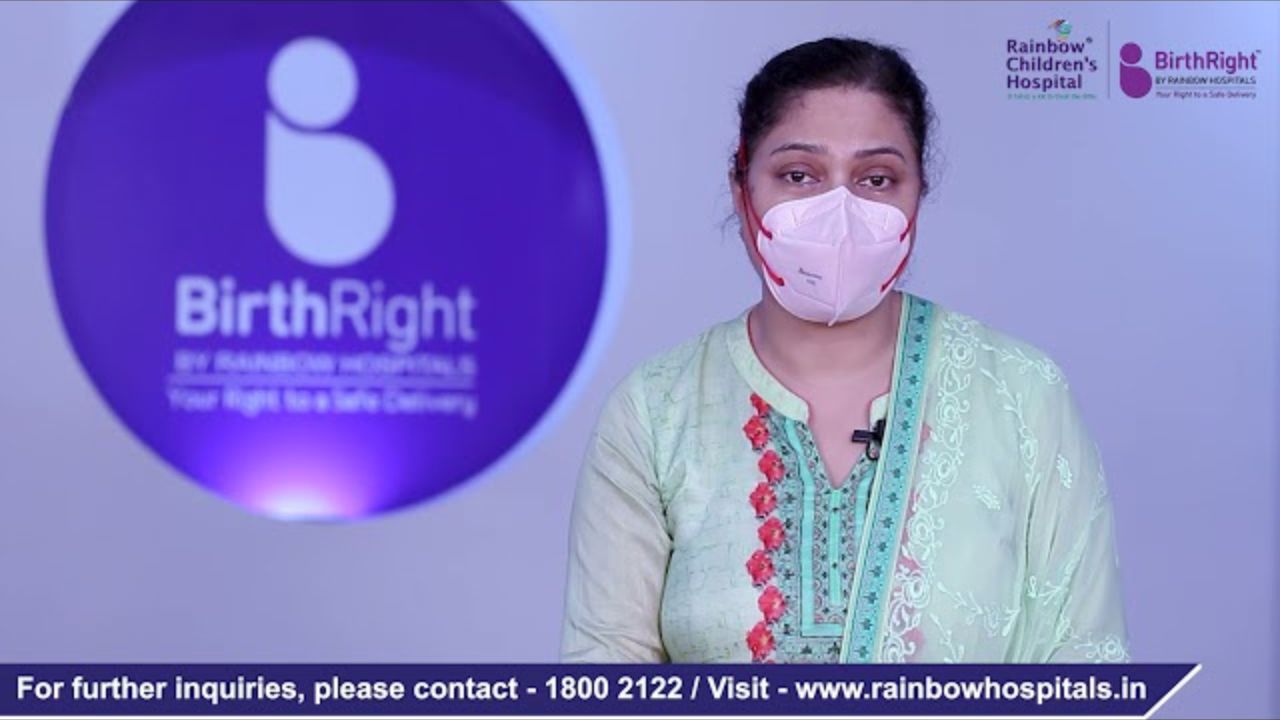
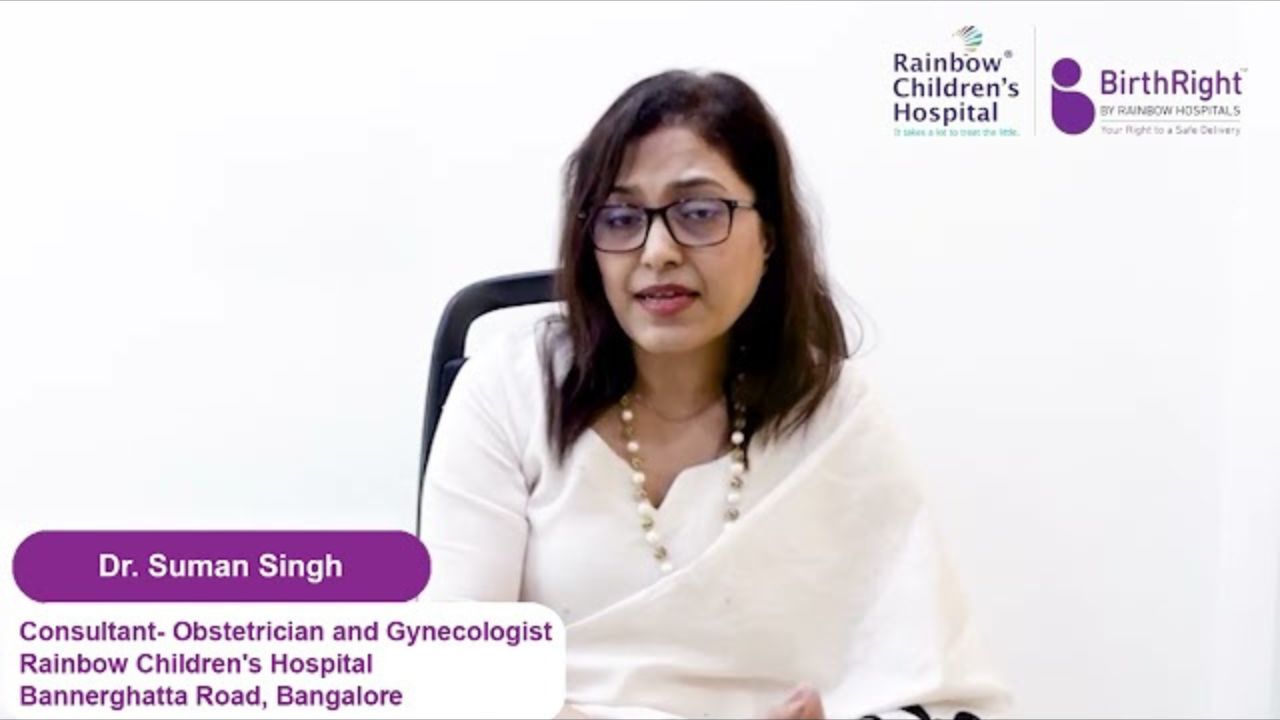
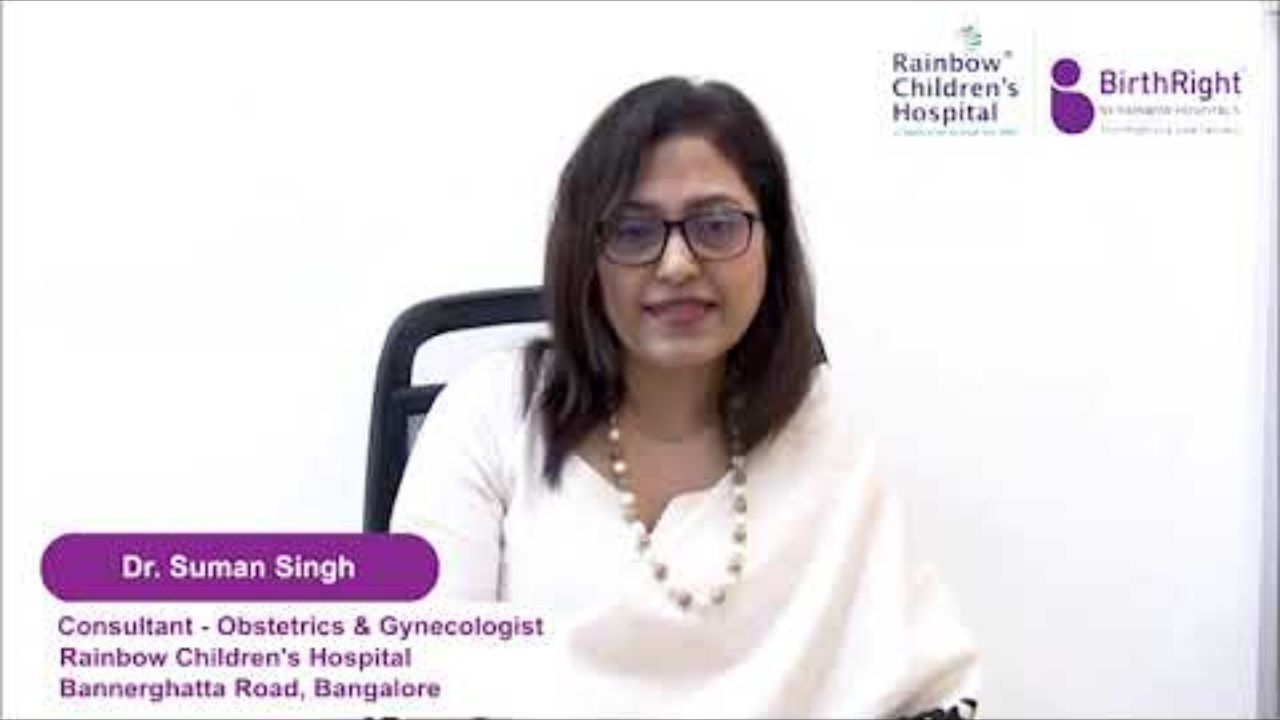
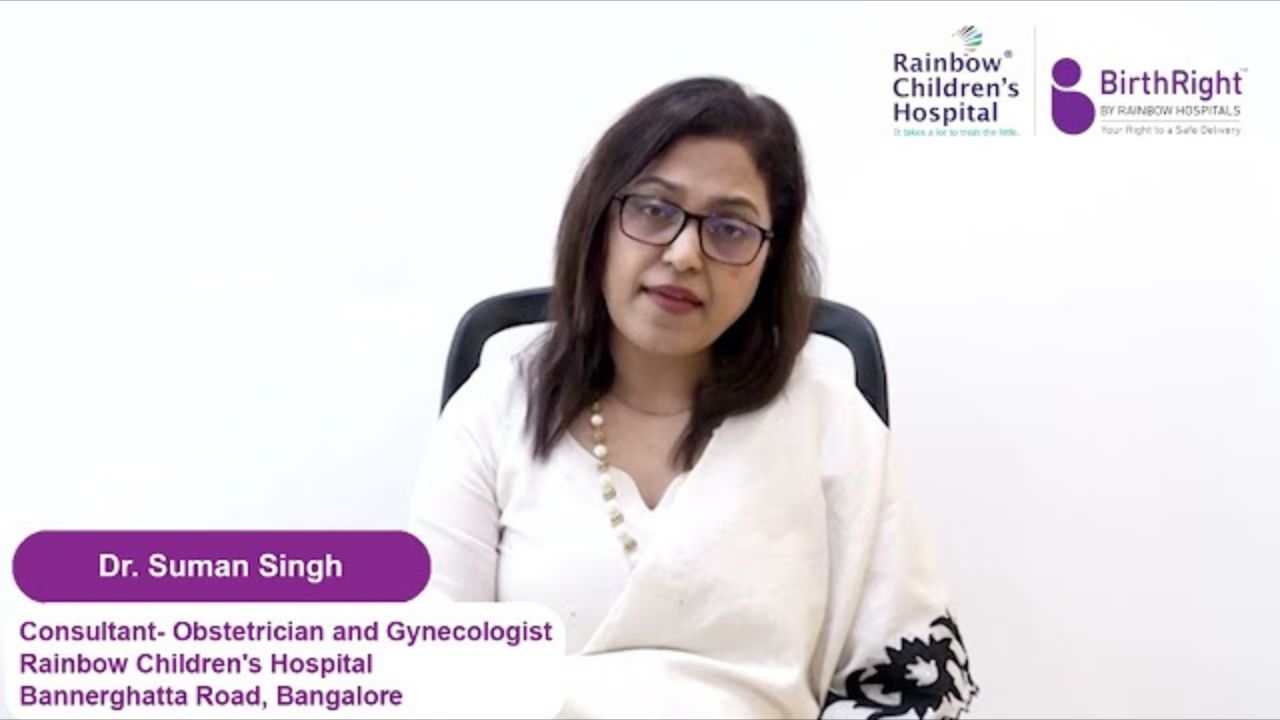

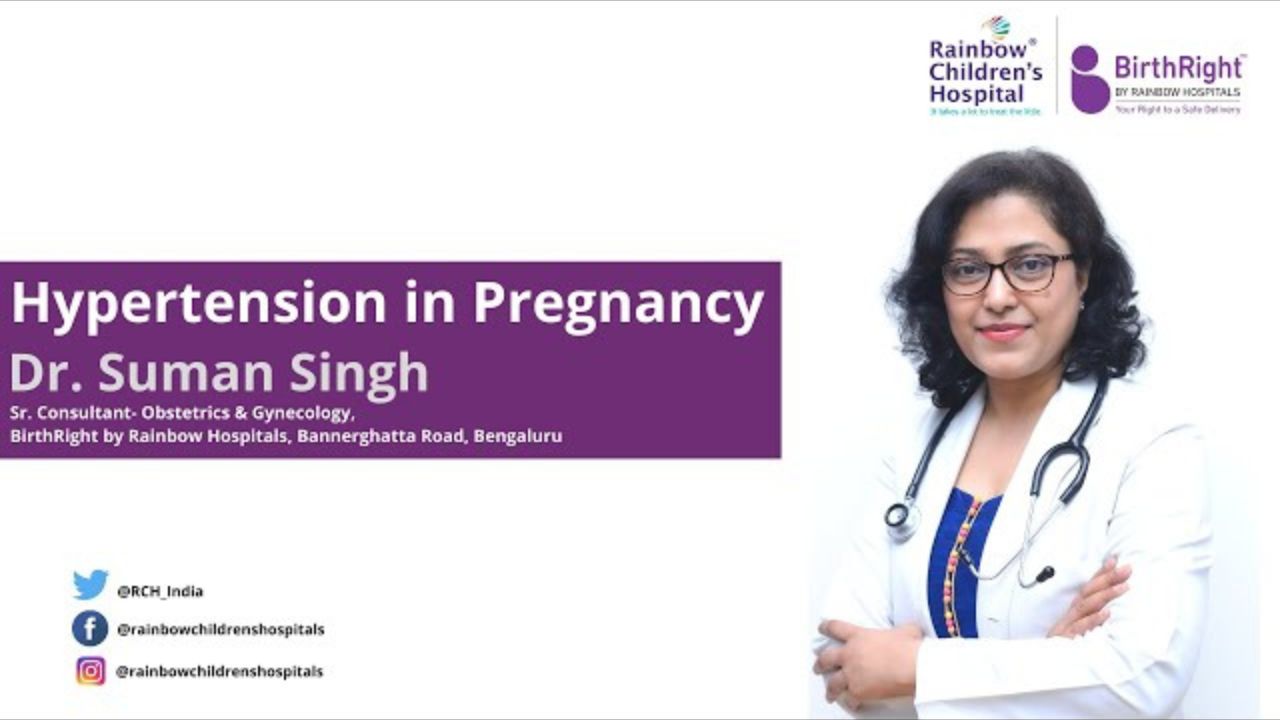
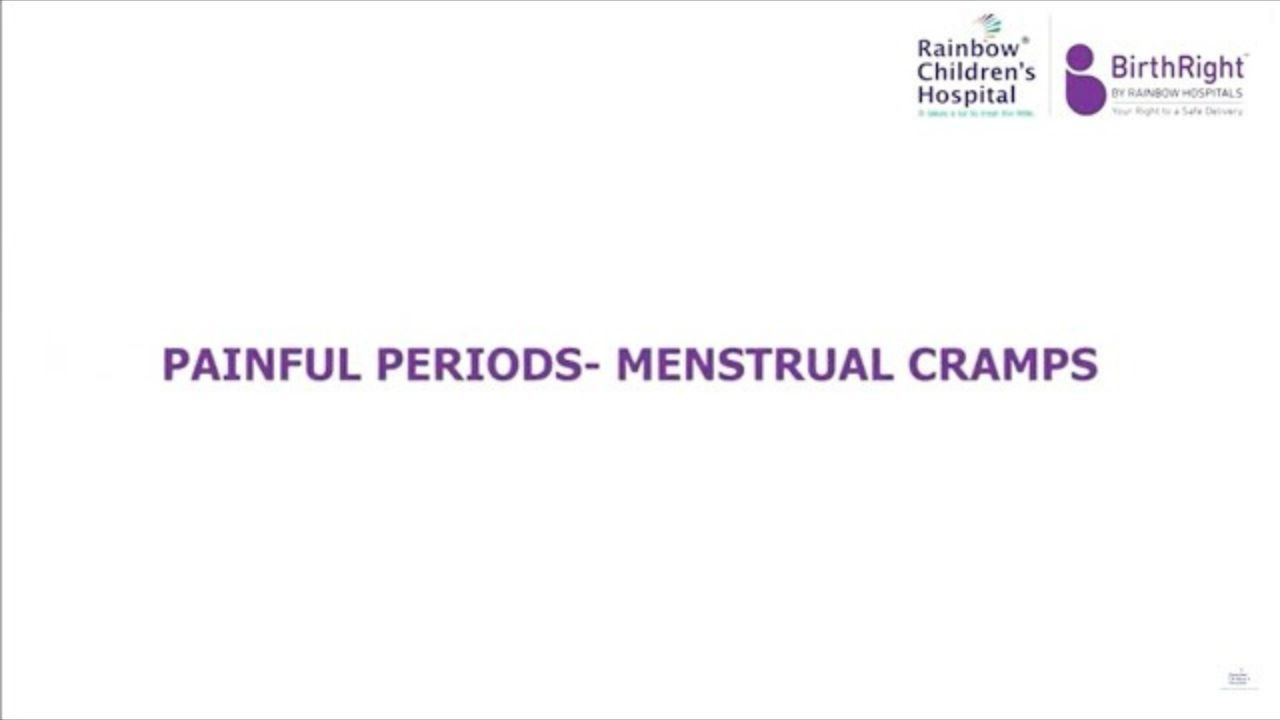
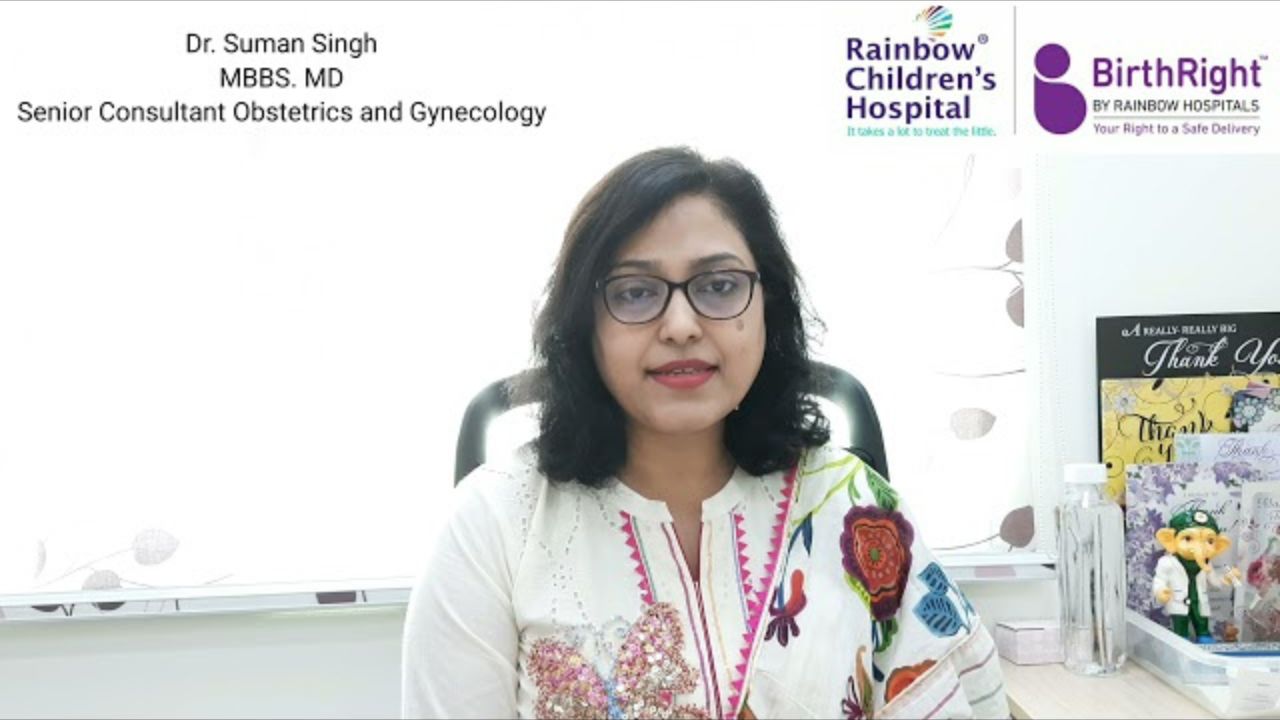
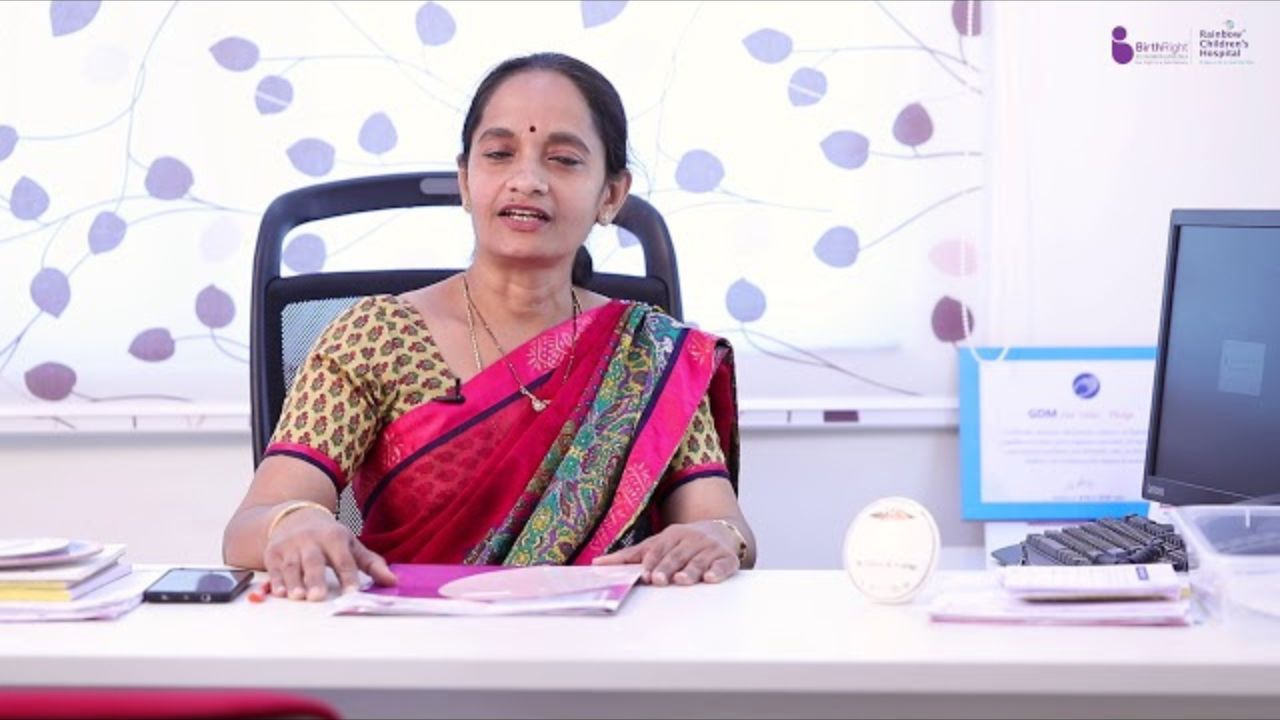
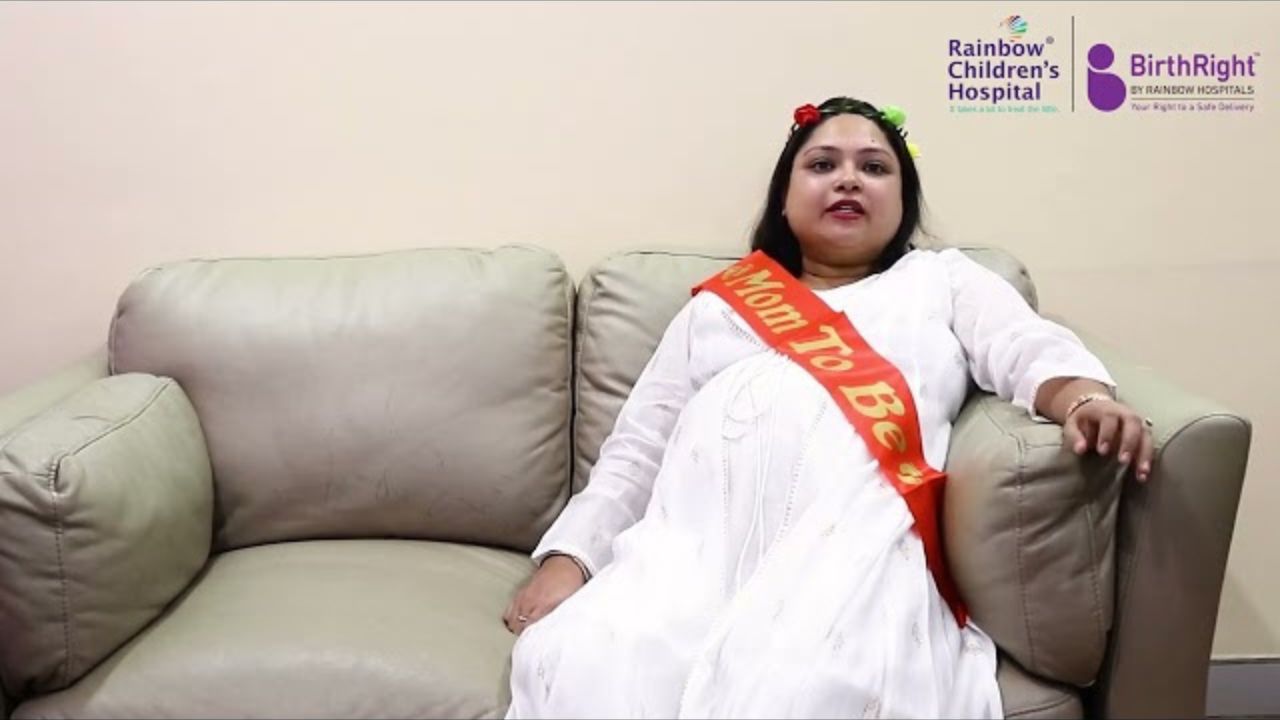
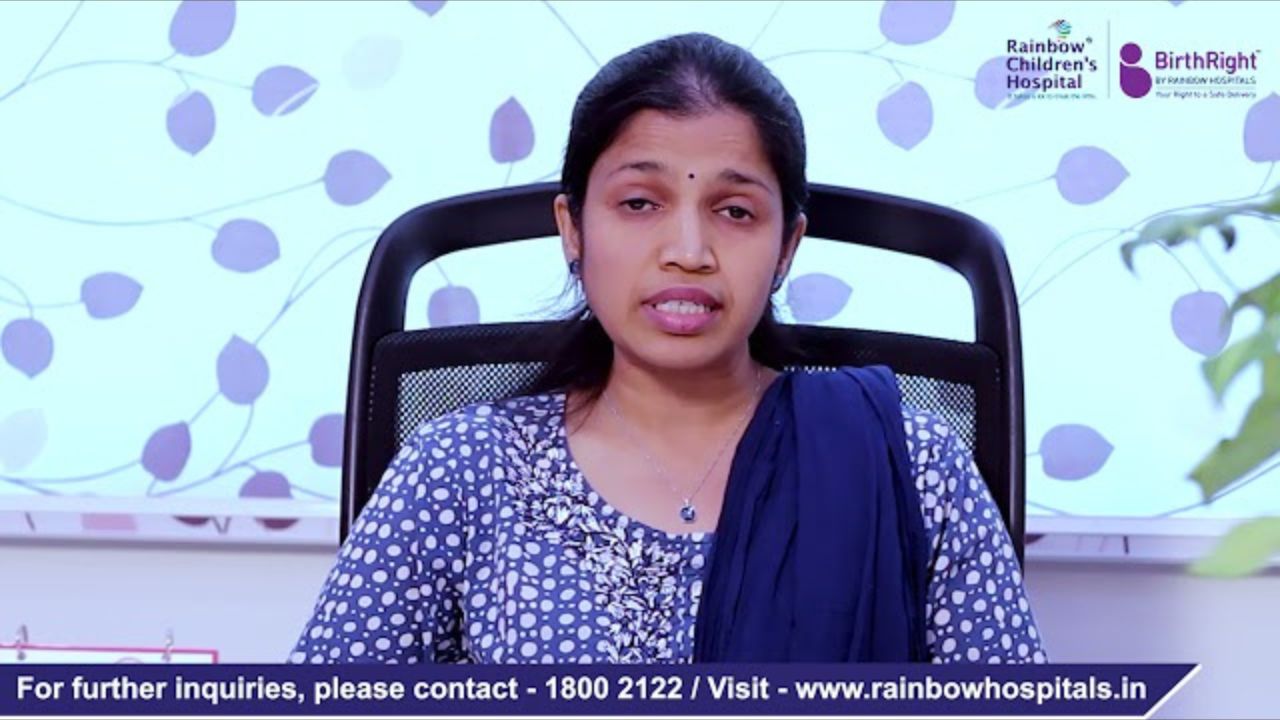
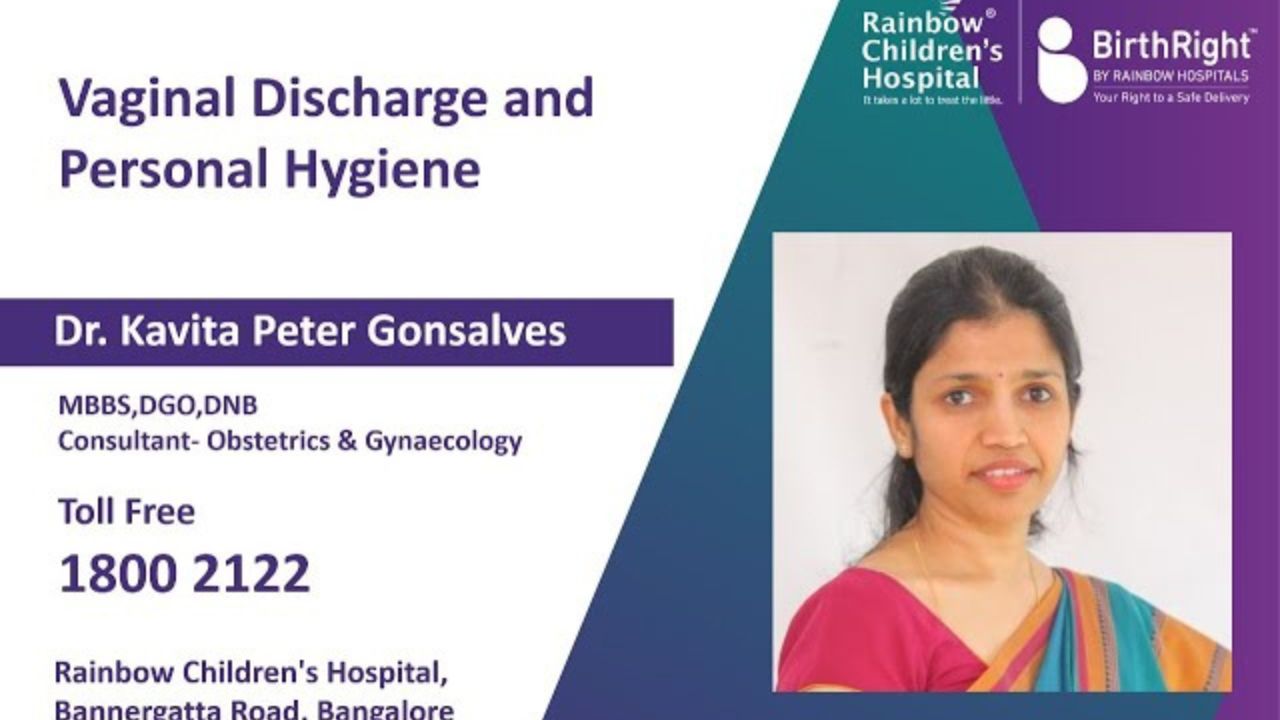
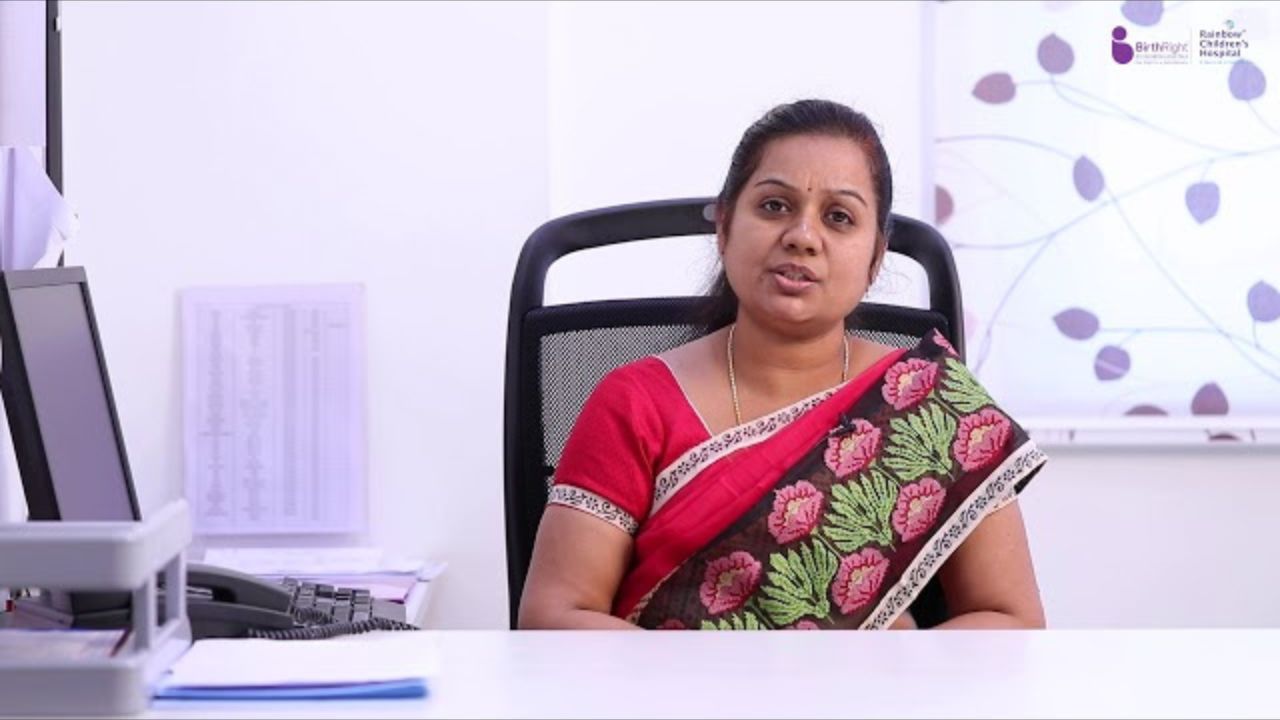
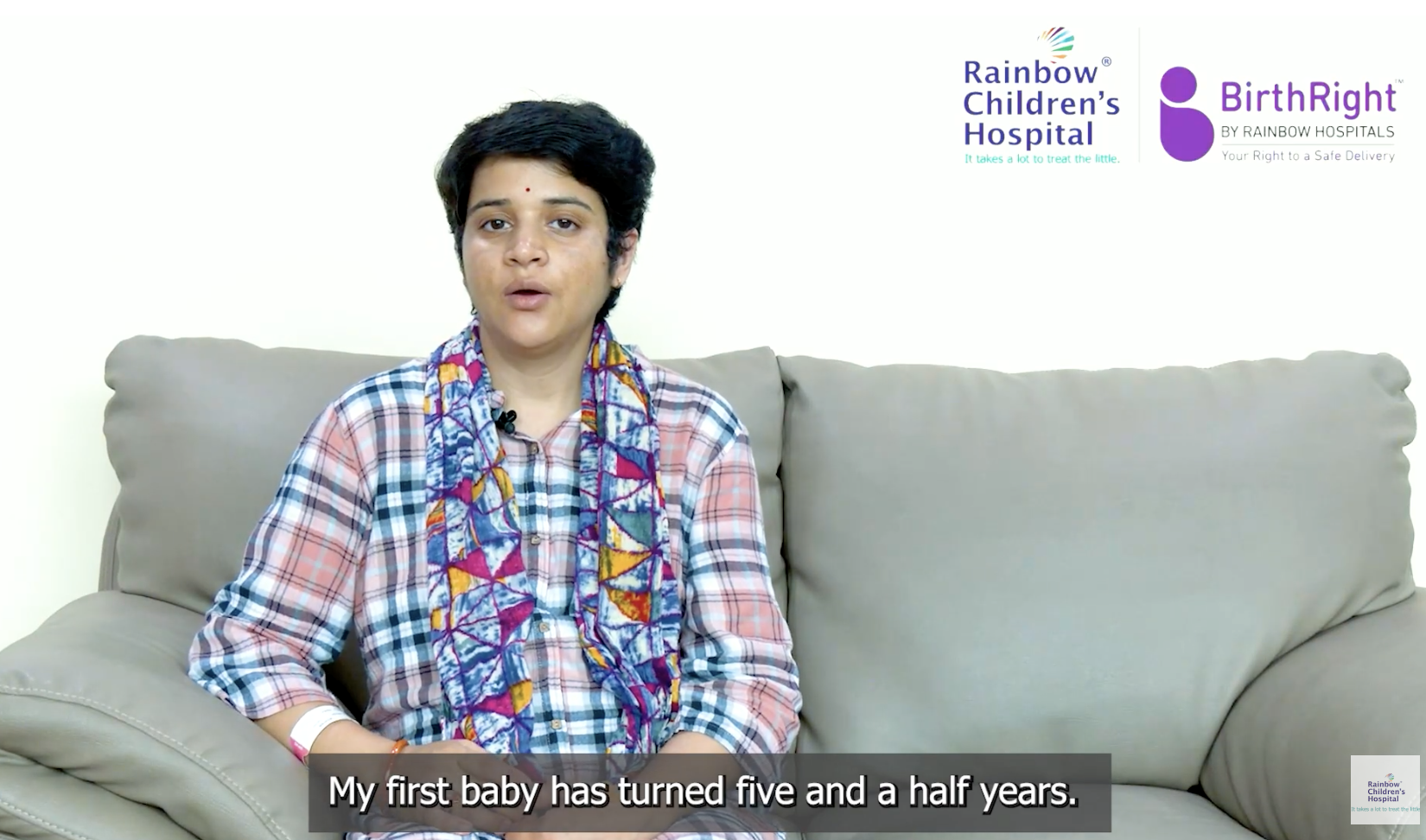
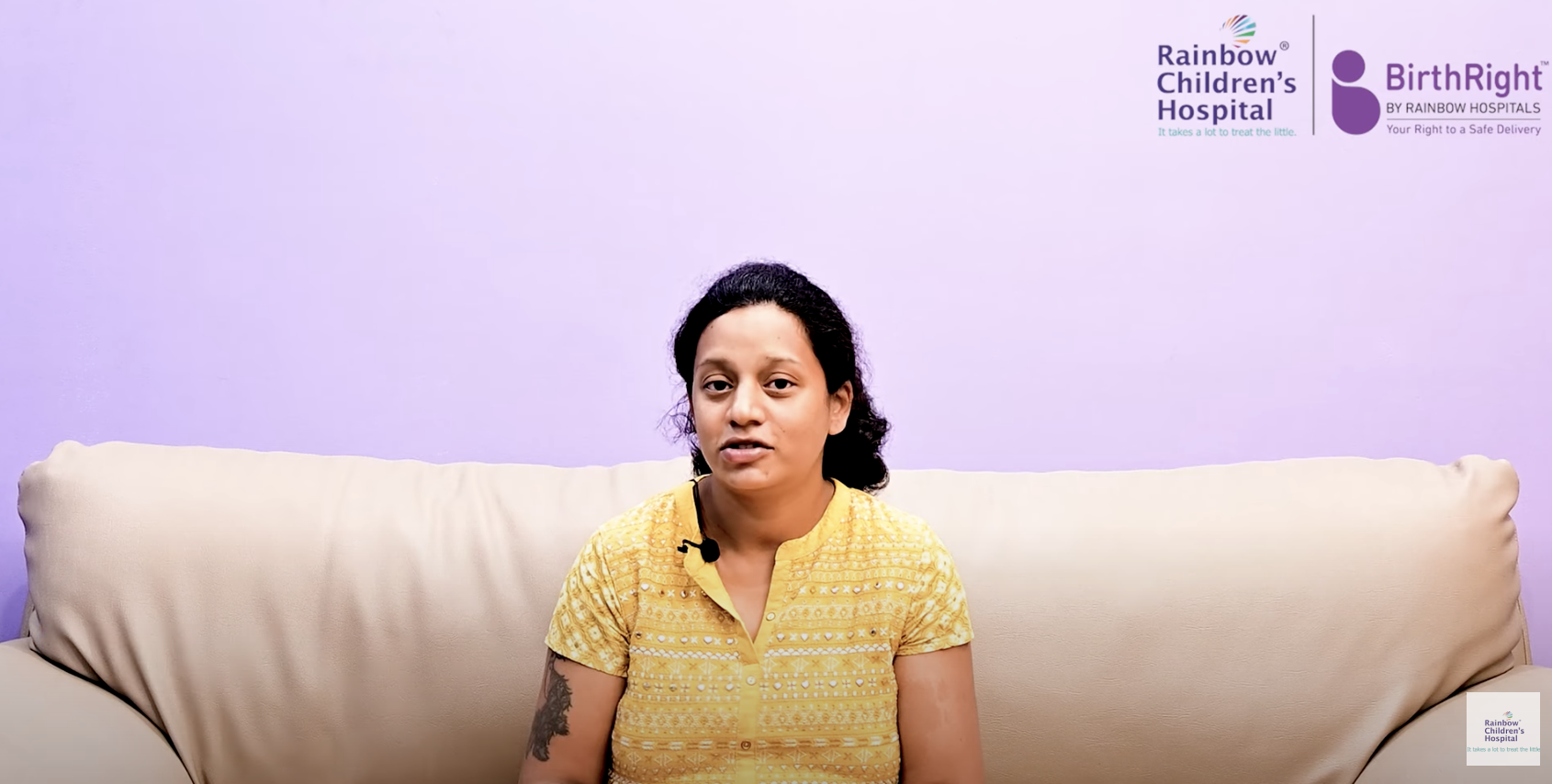




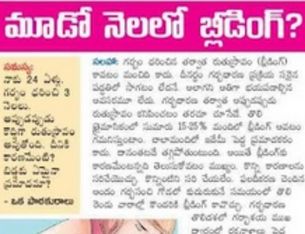




.png)
